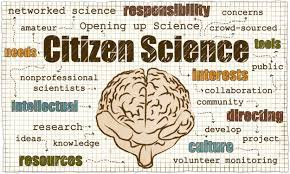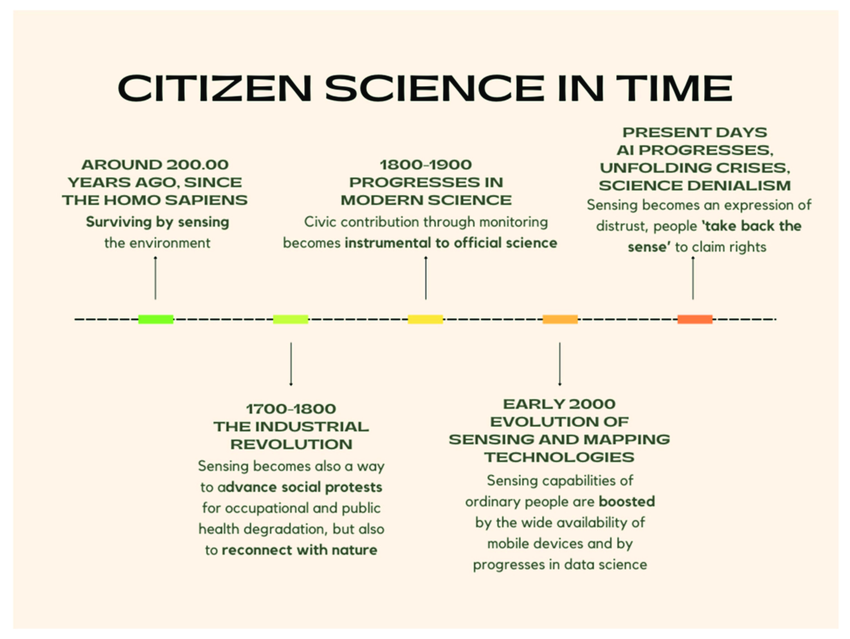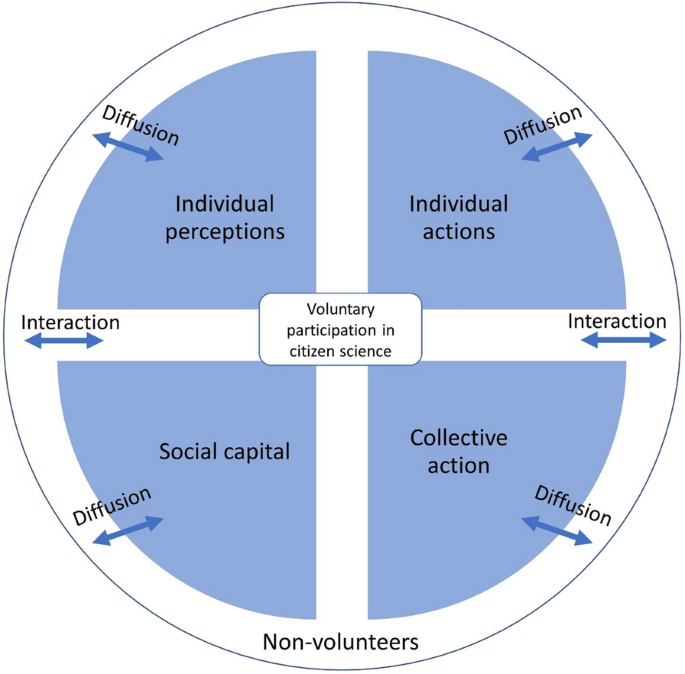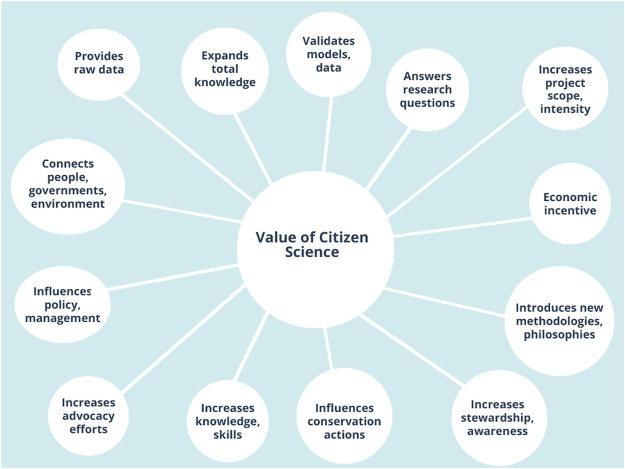
Citizen science is an emerging field that involves everyday people in scientific research and discovery. It has gained popularity in recent years due to advancements in technology and the increasing need for data collection.
Through citizen science, individuals can contribute to a wide range of projects, from monitoring wildlife populations to tracking climate change patterns. This collaborative approach to science allows for greater participation and engagement from the public.
The Evolution of Citizen Science

Citizen science has been around for centuries, but it wasn’t until the advent of modern technology that it really took off. In the past, amateur scientists would make observations and discoveries on their own, without any formal collaboration with professional scientists.
Nowadays, citizen science projects are often led by academic institutions or government agencies, and they rely heavily on the use of digital platforms and mobile apps to collect and analyze data. This has made it easier than ever for people to get involved and make meaningful contributions to scientific research.
Benefits of Citizen Science

One of the biggest benefits of citizen science is that it allows for a greater amount of data to be collected over a larger area. With more people collecting data, scientists can get a better understanding of environmental trends and patterns.
In addition, citizen science can help to educate the public about scientific concepts and encourage them to become more engaged with science in general. It can also lead to the development of new technologies and innovations that benefit society as a whole.
Examples of Citizen Science Projects

There are countless examples of citizen science projects happening all over the world. One popular project is eBird, which allows birdwatchers to record sightings and contribute to a global database of bird populations.
Another example is iNaturalist, which encourages people to take photos of plants and animals they see in their daily lives and share them with a community of naturalists and scientists. These are just a few of the many citizen science projects that are making a difference in the world.
Challenges and Criticisms

Despite its many benefits, citizen science is not without its challenges and criticisms. One concern is the quality of data collected by non-experts, which may be less reliable than data collected by trained professionals.
Another criticism is that citizen science projects may be biased towards certain groups of people, such as those who have access to technology or live in certain areas. Addressing these challenges will be important for ensuring that citizen science continues to be a valuable tool for scientific discovery.

The Future of Citizen Science
As technology continues to advance and more people become interested in science, the future of citizen science looks bright. There is enormous potential for citizen science to contribute to a wide range of fields, from medicine to astronomy.
By working together, scientists and citizens can make groundbreaking discoveries and advancements that benefit us all. The rise of citizen science represents a shift towards a more collaborative and inclusive approach to scientific research.







